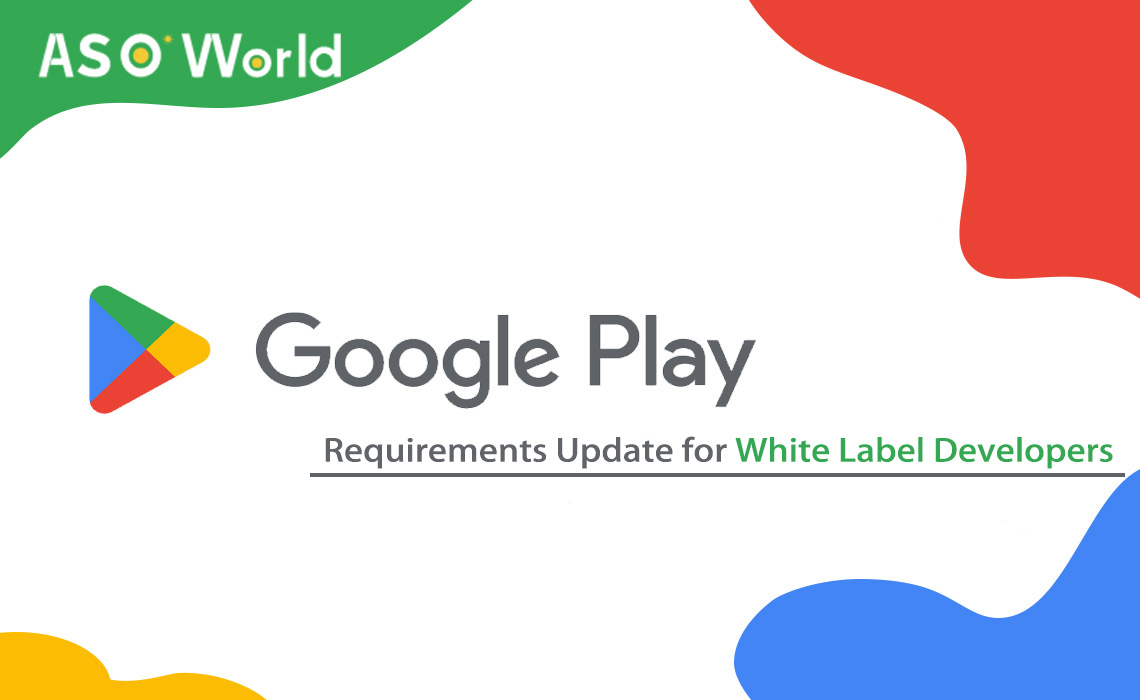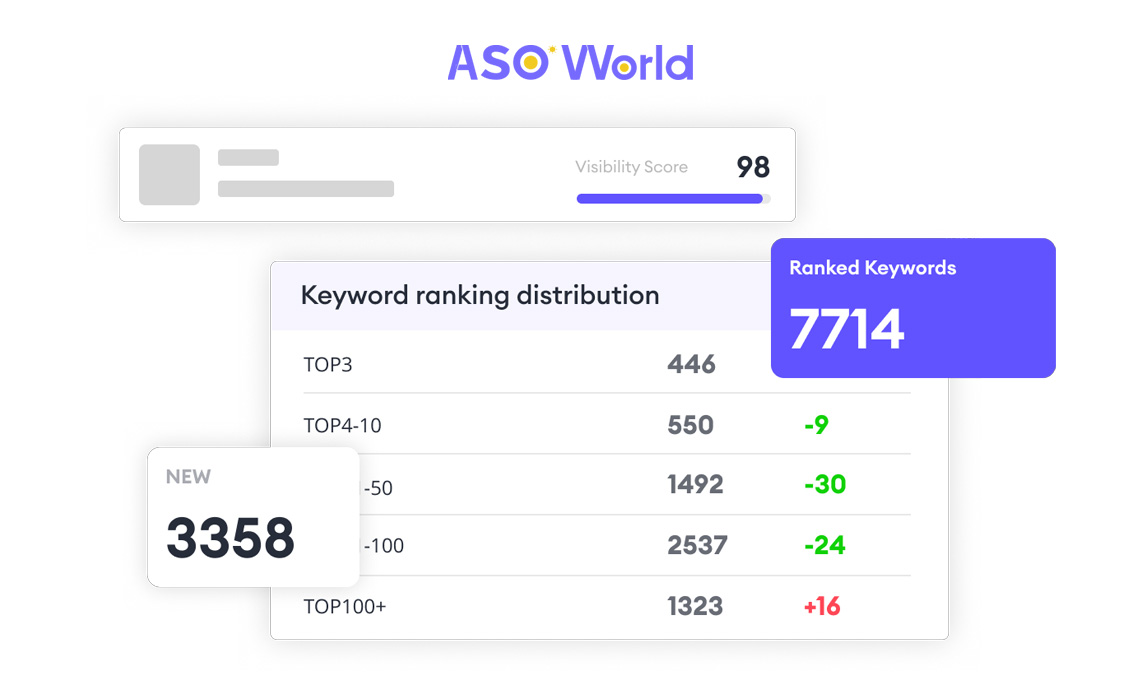





Google Play’s 2025 guidelines for white-label apps highlight decentralised accounts, individual store listings, and more rigorous compliance checks.

Google Play has published updated best practices for white-label app developers, effective 10 February 2025.
The guidelines address common challenges in template-based app deployment, focusing on account management, storefront optimisation, policy compliance, and release strategies to reduce the risk of suspension or removal.
The guidelines emphasise decentralised account structures, enabling developers to maintain brand independence while minimising systemic risks.
Centralised models—where multiple apps share a single account—are highlighted for potential policy breaches and increased risk of mass suspension.
Developers are advised to create unique developer profiles for each client app, ensuring clear brand separation and reducing algorithmic penalties for duplicated content.
Google requires distinct metadata, descriptions, and visuals for each white-label app, even when templates are used. Automatically generated content without customisation may result in policy violations.
Pre-submission checks for core functionality, login credentials, and regional compliance are now explicitly mandated. Broken features or placeholder content will lead to rejection.
👉 Google Play Store Vision 2025: Key Updates & Optimisation Suggestions
The guidelines highlight frequent infringements:
- Incomplete feature implementation
- Shared credentials across multiple apps
- Absence of privacy policy documentation
Developers should avoid mid-review alterations and utilise controlled rollouts (20%-100% user cohorts) for updates. Policy review status tracking will be available in Play Console from Q2 2025.

The update reflects Google’s tightening oversight on low-effort template apps, which accounted for 23% of Play Store removals in 2024.
By enforcing decentralisation and customisation, the tech giant aims to curb spam-like deployments while preserving legitimate white-label use cases. Expect heightened scrutiny on financial and healthcare template apps, particularly concerning regional compliance certifications.
👉 For insights into best practices for white-label developers, please consult Google’s official announcement.
Get FREE Optimization Consultation
Let's Grow Your App & Get Massive Traffic!
All content, layout and frame code of all ASOWorld blog sections belong to the original content and technical team, all reproduction and references need to indicate the source and link in the obvious position, otherwise legal responsibility will be pursued.